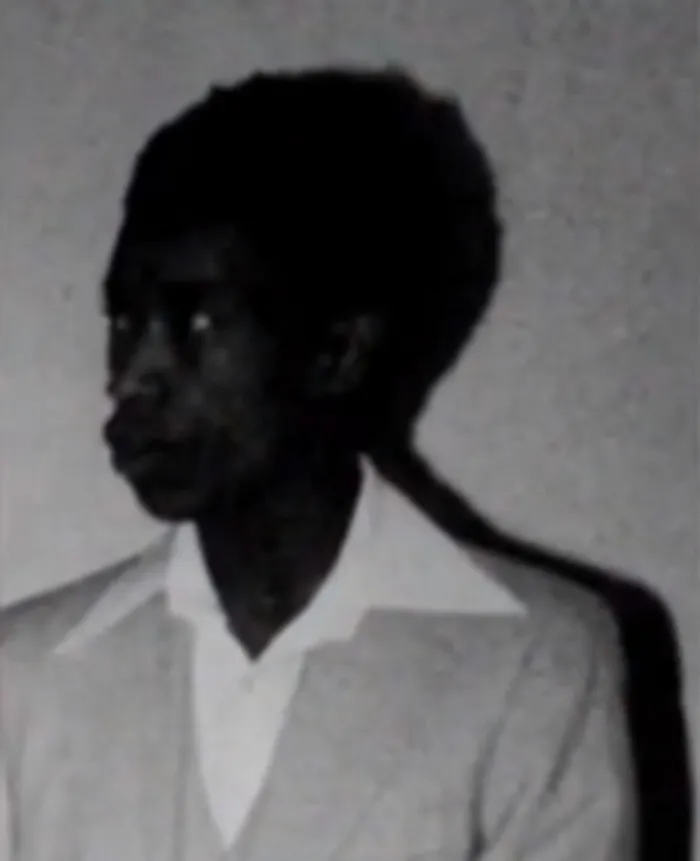Anti-apartheid activist Ernest Moabi Dipale did not take his own life

Court ruled that anti-apartheid activist, Ernest Moabi Dipale, did not take his own life but was killed by apartheid police. Photo: Screenshot/SABC News
The South Gauteng High Court in Johannesburg ruled that anti-apartheid activist, Ernest Moabi Dipale did not die by suicide, instead, his death was the result of the actions by apartheid police stationed at John Voster Square.
Dipale was found hanging while in custody at John Voster Square on August 8, 1982.
His death was declared as a suicide by an inquest hearing concluded on 01 June 1983.The inquest found that no one could be held liable for Dipale’s death.
Dipale was apprehended with his colleague Aaron Oupa Koapeng at their place of work in Meadowlands on August 5, 1982.
Delivering the judgment on Tuesday, Judge Motsamai Makume said it was improbable that Dipale would have used his underwear to hang himself.
Judge Makume also considered Dipale’s height and said he would have needed a chair to hang himself as the toilet seat in the cell where he was found hanging, was far from the window and grill he was hanging from.
The judge added that detention cells were patrolled every 30 minutes and that Dipale would have been found in the act.
In considering the evidence given during the 1983 inquest, it was heard that three people, the pathologist, the investigating officer and the police officer guarding the cells on the day, testified at the inquest.
However, no record of their testimonies could be found.
NPA spokesperson in Gauteng, Phindi Mooondwane, confirmed that the unit would move swiftly to study the judgement and act on the judge’s recommendations.
IOL